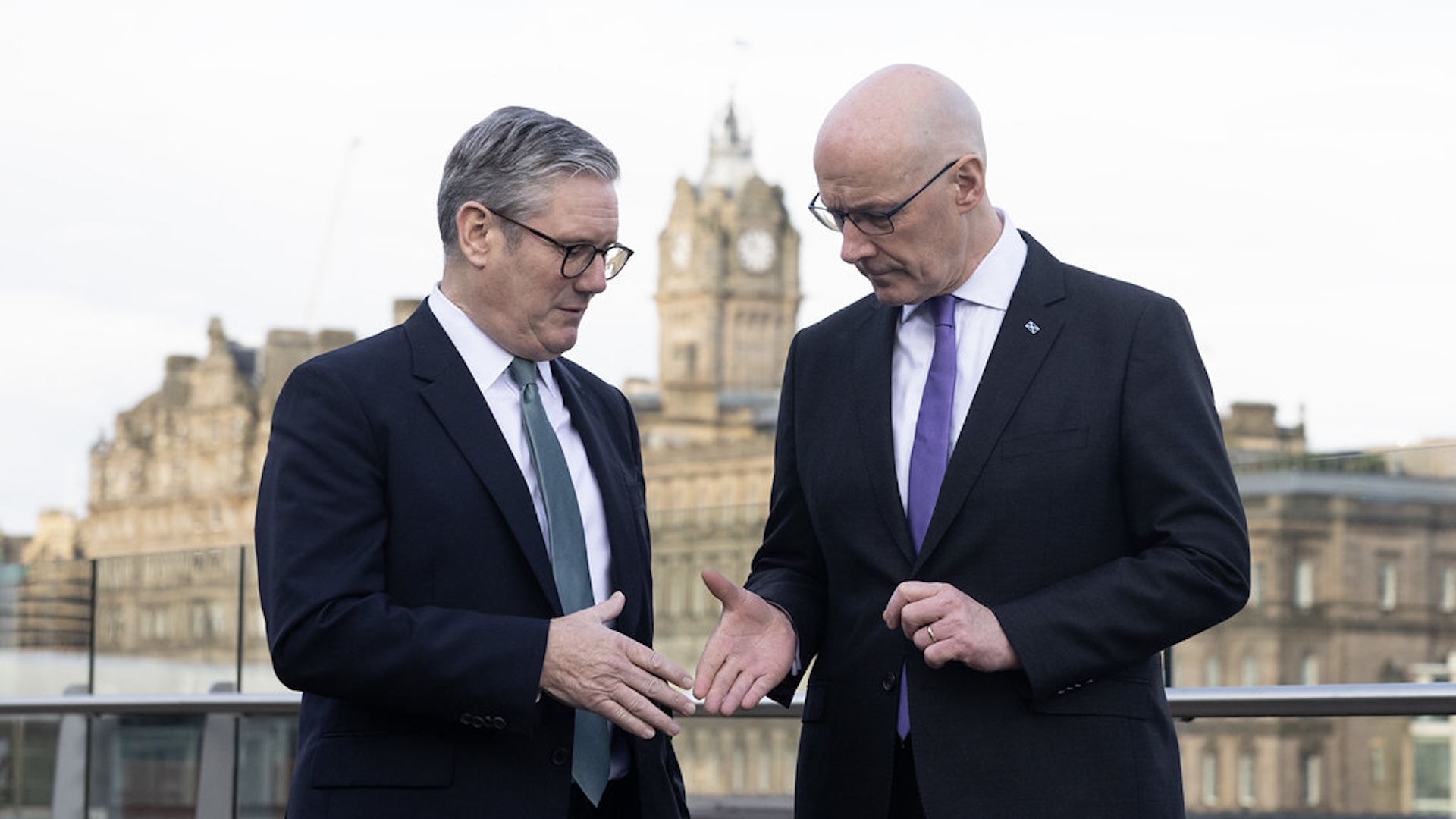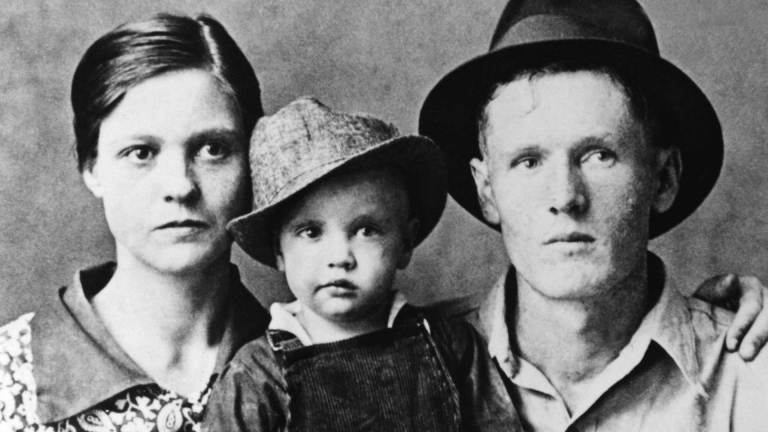Last week, the Scottish government outshone the Labour government by committing to mitigate the Department for Work and Pensions (DWP) two-child limit on benefits. This was followed by a request to meet the secretary of state before Christmas to ensure their promise becomes a reality. The poverty-inducing two-child benefit limit, restricting support to families since 2017, has impacted one in nine children across the UK with thousands falling into poverty since July’s election. More detail is needed, but there’s a script in place which could finally relegate this pernicious rule to history books.
Campaigners are adamant – abandoning this policy should have been the first action taken by the new Labour government to lift 300,000 children out of poverty. Not planning to eradicate it within the fast-developing UK child poverty strategy would be unthinkable. Scottish finance secretary Shona Robison’s announcement last week, which will put 15,000 children out of poverty in Scotland, looks set to encourage the UK government over the line.
But there’s more to be learnt from Scotland and its government’s laudable efforts to diminish the impact of austerity. As DWP ministers heard at the recent child poverty taskforce summit in Glasgow last month, efforts to bring down poverty rates are making a difference. The Scottish Child Payment (SCP) now means low-income families are eligible to receive £26.70 per child under 16 every week in addition to qualifying social security payments. Early evidence tells us that this strategy is working. University of Oxford’s Danny Dorling has predicted that because of this ‘cash first’ intervention, Scotland will transform itself to be one of the most equal countries in Europe.
And the Scottish government is the first in the world to develop and put into action a plan towards ending the need for food banks. DWP officials looking to realise Labour’s commitment to end mass dependence on emergency food parcels can find a strategy in place in Scotland. This plan prioritises a cash first or income-focused approach to food insecurity empowering local communities to drive forward change while helping to embed advice and support to maximise income as the first port of call for people facing financial crisis.
On top of the undertaking on the two-child benefit limit in last week’s draft Scottish budget, commitments to invest in affordable housing, free bus travel for asylum seekers, free school meal provision for children in receipt of the SCP, and an end to free school meal debt for this year stood out.
However, the Scottish government can and must do more to the turn of the tide of poverty in Scotland. More than one in five Scots are living in poverty including one in four children. Scottish ministers cannot be held back by the intransigence of Westminster. Yes, there are limits to devolved powers but there are more options at their disposal that could cut poverty rates.










